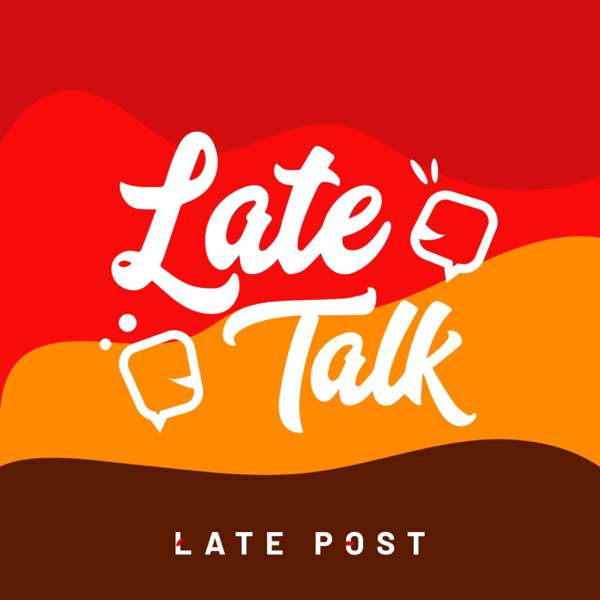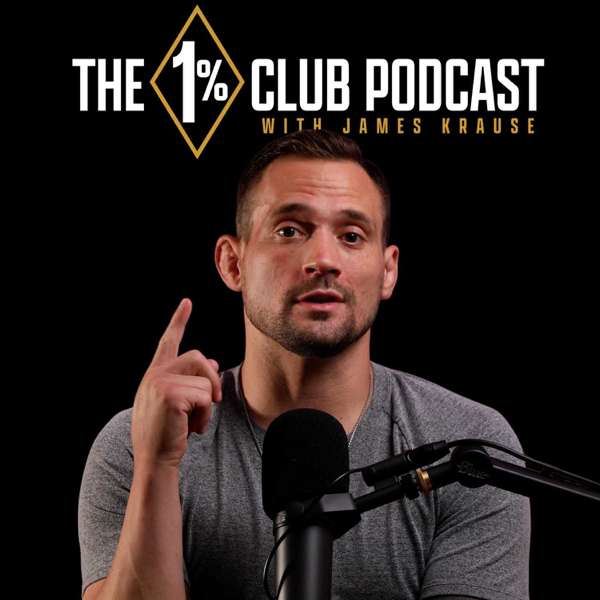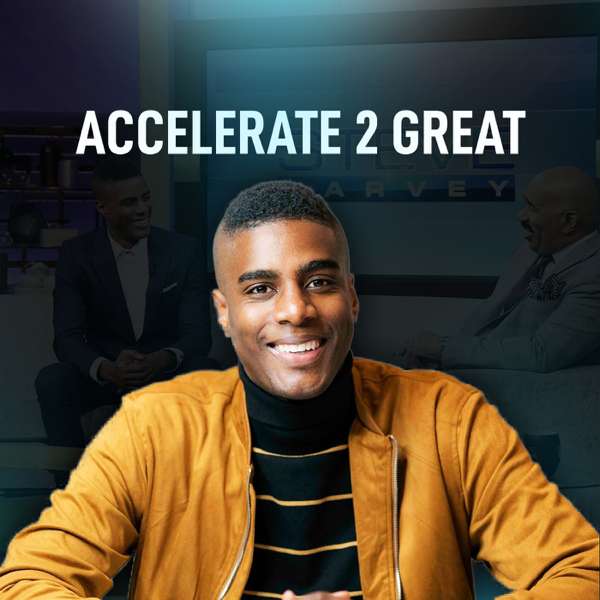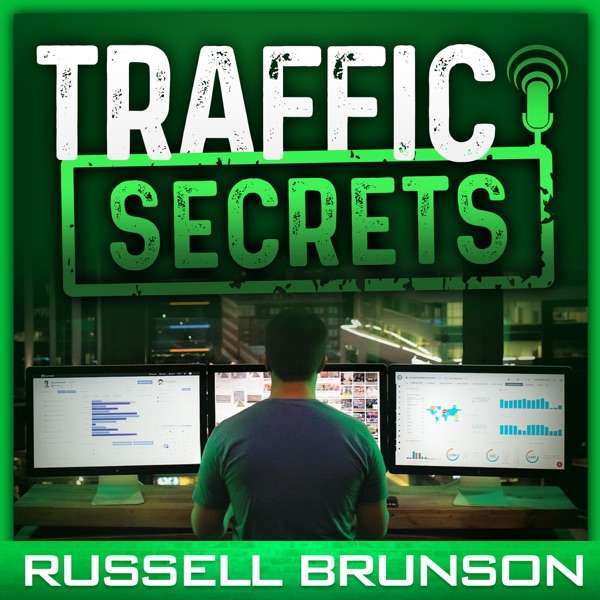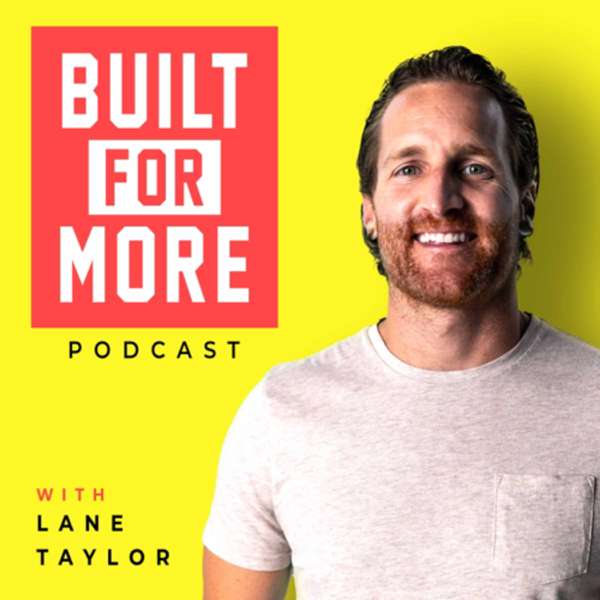Imagine leaving a six‐figure Wall Street salary behind to chase a single, daring idea. In this episode, David Heacock shows you how he turned a basic product into a $250M empire. At 29, he left Wall Street to bet on air filters. That bet transformed into Filterbuy, now a $250 million direct-to-consumer manufacturer serving more than 7 million customers through a ruthlessly efficient operation. Today we talk about what actually matters when building a business, balancing obsession with family life, selling on Amazon, what he’d do differently if starting over, and the freight decision he calls his biggest mistake. Whether you’re starting a business, scaling one, or simply looking for insights on hiring, managing, or making bold decisions, David shares the lessons that helped him build his empire.
David Heacock is the founder and CEO of Filterbuy. Before revolutionizing the air filter industry, he traded options at Goldman Sachs from 2005-2012.
If you’re driven by bold decisions and value hard-won lessons, this conversation is your playbook. Don’t miss out on the insights that could redefine your own path to success.
Newsletter - The Brain Food newsletter delivers actionable insights and thoughtful ideas every Sunday. It takes 5 minutes to read, and it’s completely free. Learn more and sign up at fs.blog/newsletter
Upgrade — If you want to hear my thoughts and reflections at the end of the episode, join our membership: fs.blog/membership and get your own private feed.
Watch on YouTube: @tkppodcast
(00:02:56) David's Journey to Goldman Sachs
(00:06:07) Committing to Entrepreneurship
(00:07:35) The Power of Obsession
(00:10:08) The Decision to Expand Geographically
(00:12:55) Challenges in Building the First Plant
(00:18:58) Management Level Hiring
(00:22:41) Studying Operating Systems for Companies
(00:24:49) The Nuances of Hiring
(00:25:53) External Accountability
(00:29:37) Adapting Business Operating Systems
(00:30:13) The Role of a Chief of Staff
(00:31:03) Building Department-Specific Operating Models
(00:32:56) Articulating the Company's Mission and Values
(00:44:19) Understanding Marketing and Branding
(00:47:10) The Strategy Behind Intent-Based Marketing
(00:52:13) The Decision to Enter Retail
(00:57:26) Success in Retail and Customer Acquisition
(00:58:19) Diversifying Market Segments
(00:59:13) Competitive Advantage Over Other Brands
(01:01:07) The Logistics Aspect of the Business
(01:04:25) Defining Direct-to-Consumer Brands
(01:08:39) Technical Challenges and Overcoming Setbacks
(01:11:46) Core Personal Traits for Success
(01:16:37) The Power of Obsession Over Willpower
(01:17:46) Facing the Hardest Moments in Business
(01:26:36) The Decision to Enter the Freight Business
(01:30:48) Diversifying into the HVAC Service Business
(01:34:51) The Future of HVAC Service Business
(01:36:01) Personal Branding and Business Growth
(01:37:23) The Role of Marketing and Operations
(01:38:48) Contrasting Business Models: Private Equity
(01:43:00) The Importance of Mission and Vision
(01:47:12) Balancing Obsession and Family Life
(01:53:44) The Dangers of Lifestyle Creep and Maintaining Financial Stability
Learn more about your ad choices. Visit megaphone.fm/adchoices

 Our TOPPODCAST Picks
Our TOPPODCAST Picks  Stay Connected
Stay Connected


